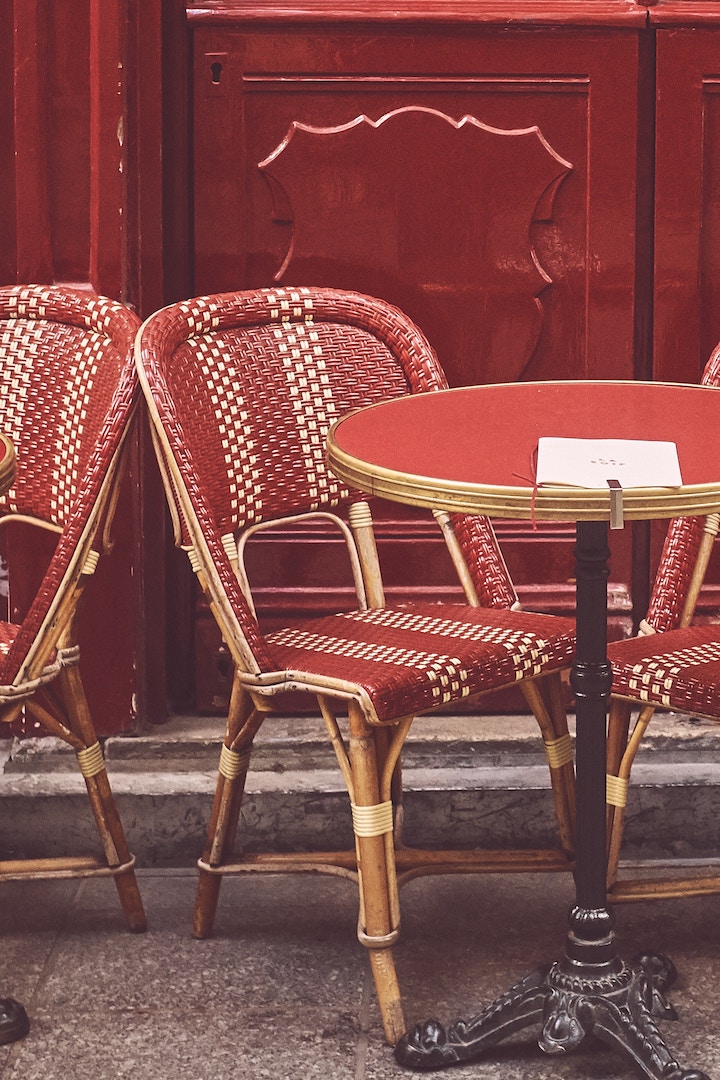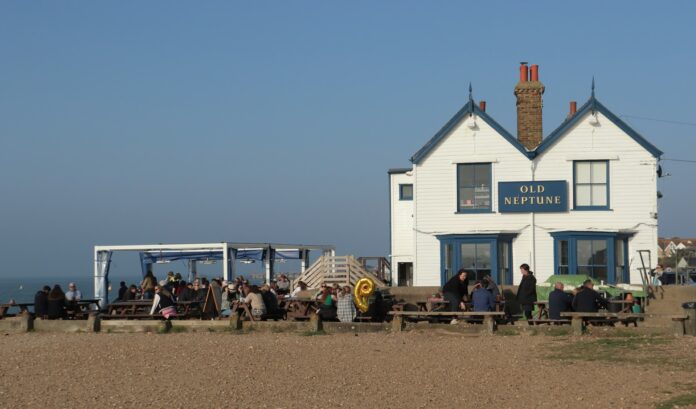Though it’s often cited as the planet’s premier foodie paradise, a trip to Paris in the pursuit of pigging out can quickly turn into a nightmare. That hip as handlebars restaurant you came all this way for won’t even talk to you, let alone take a reservation, and your backup option is threatening to break your bank in two as the pound tumbles. Waiters give you a cliched cold shoulder as your claims of voting remain fall on uninterested ears and even the delicate smell of baking bread taunts you as it wafts past your nose and out of reach.
But it shouldn’t have to be this way. The City of Love, passion and indulgence can still be enjoyed on the cheap, with a little nous and a lot of confidence. With this in mind, here are 5 IDEAL tips for dining in Paris on a budget.
PRICE FIX, LA FORMULE AND LE DEJEUNER
Though the fine dining institutions of the Paris are extraordinarily expensive, it’s in the French tradition of hospitality to offer set menus which are inclusive and affordable for those wanting to sample high end food at lower prices.
The different terminology gets a little confusing, but in short, ‘price fix’ refers to a fixed price menu of several courses and no choice. These are usually served on special occasions when a fully booked service is guaranteed and the kitchen needs a little streamlining. Prices are often streamlined to match.
La formule is a little different, and is generally the cheapest option available, offering perhaps a choice between just two starters, two mains, and two desserts. Le dejeuner simply means lunch in French, and restaurants tend to do a cheaper version of their tasting menu or offer a set menu for lunch service. Three Michelin starred L’Astrance, for instance, does a lunch menu for €70, which when you consider an evening meal there will set you back €370, is pretty good value.
LEARN THE LOCAL LINGO
While we’re on the subject of confusing terminology, you’ll often be offered a choice between le menu and la carte on arrival. The former will get you something close to the price fix we mentioned above, while the latter allows you choice.
To take the guesswork and uncertainty out of the equation, it’s best to learn some of the local lingo. When it comes to learning how to speak French, language learning apps like Babbel are very useful and convenient to use especially on the go. Moreover they give you quick, efficient results so you can carry yourself and order your meal with a bit of confidence. Once you’re using the language skilfully, ask around for places which have ‘le rapport qualitie- prix’; essentially, those which are good value for money.
WATER BY THE CARAFE, WINE BY THE PICHET
Once you’ve got some phrases under your burgeoning belt, you’ll know that you should always request ‘une carafe d’eau’ when ordering drinks, which is a carafe of high-quality French tap water. If not, you might end up with expensive mineral water. It’s also wise to stick to the house wine, which comes in a jug (une pichet) and is eminently drinkable and a much more budget friendly option.
SISTER RESTAURANTS
If you’ve got your heart set on some of the hottest restaurant tickets in town, but fear being burned by the bill, then a sensible, budget savvy compromise is to try out their sister restaurant instead.
Lots of the top names in Paris have opened more accessible (see; affordable) offshoots of the main event, and it’s usually much easier to snag a table at these branches too. To name just two, the ultra trendy and impossible-to-book Septime has spawned Clamato next door, which is a no reservations affair, great value and still utterly delicious. Across town in the foodie 7th arrondissement, Les Cocottes is a fine, affordable fallback if next door’s Le Violon d’Ingres isn’t within your budget.
TIPS ON TIPPING
Tipping in France can get a little confusing, to say the least. By law, a ‘service compris’ of 15% will be included on your bill. But this goes to the restaurant owner, not the member of staff who served you, as waiters must receive a salary in France. This salary is often low, however, barely above minimum wage, so if your service has been prompt, polite and twinkling, it’s still good practice to leave a little extra for pourboire (essentially buying the waiter a drink).









